- +36 52 532 594
- debrecen@nyariegyetem.hu
- 4032 Debrecen Egyetem tér 2
Prompted by three professors (János Hankiss, Rezső Milleker, and Béla Tankó), the Council of the Faculty of Arts and Social Sciences at the University of Debrecen resolved to found Debrecen Summer School on May 9, 1927. Their purpose with the new institution was to popularize Hungarian as the language of a “small” nation in a world in which, as Hankiss put it, “nations are so intertwined that it would be a hopeless and harmful endeavor to pick out certain thicker lines, single national threads, to the detriment of the whole fabric.” To quote Professor Hankiss again, getting to know the long-suffering Central Europe with any degree of depth “may as well start with getting to know Hungary… given that the history and cultural life of Hungary incorporate a large part of the nations and values of Europe along the Danube River.”
Eighty years later, on June 23, 2007, the Association of Hungarian Heritage and Europe declared in the great assembly hall of the Hungarian Academy of Sciences that “Debrecen Summer School’s service to preserve the Hungarian language” makes it worthy of receiving the Hungarian Heritage Award. The same year the 80-year-old institution was awarded the Pro Urbe Award of the city of Debrecen. Is this a Hungarian success story? One from Debrecen? Probably more than either of them. It is a Debrecen initiative launched in the spirit of university integration and internationality. In the past nine decades, DSS has grown to assume nearly world-wide status and shown examples of good practice to several similar ventures. At the same time, it has gone to great lengths to remain a torchbearer of the Hungarian language and culture both inside and outside the present-day borders.
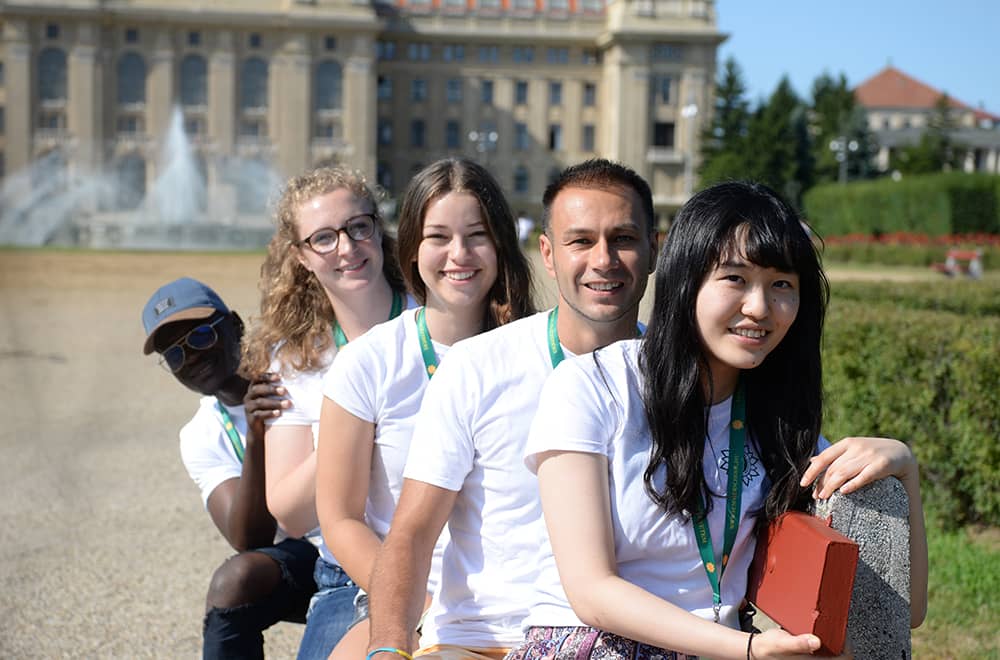
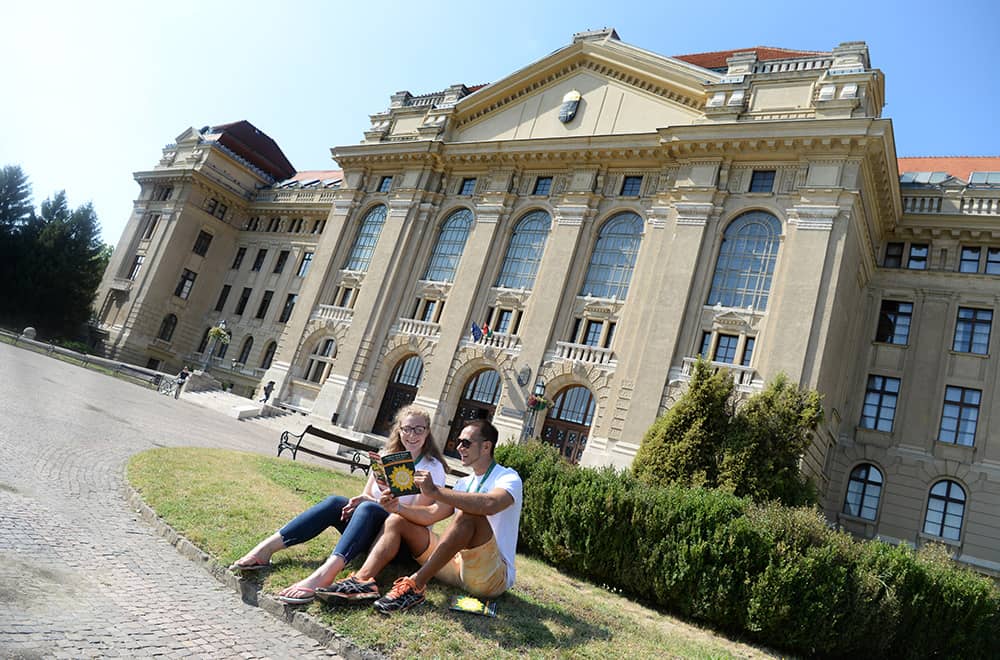
Unique among Hungary’s similar language institutions, this summer school draws upon a great and long-standing tradition. Established in 1927, it has grown to become the biggest Hungarian summer school. Following the change of regime in 1989, more than 1000 students from 30-40 countries have been taught annually by a team of about 50 experienced instructors who specialize in teaching Hungarian to foreigners. In 2000, Debrecen Summer School became an adult educational institution which has been operating ever since as a not-for-profit public plc. The new market conditions have produced a new situation which means that the management of the institution are required to continually adapt to the challenges and demands of the day. This is why in 2002 we opened a language school in Budapest which had provided an opportunity for foreigners living and working in the capital to learn Hungarian for nearly two decades.
However, the spread of the corona virus in 2019 forced our school to make radical changes: as of the spring of 2020, our institution had to switch over to teaching online and to close down our Budapest language school. At the same time, the world-wide crisis has inspired the management and teaching staff of Debrecen Summer School to come up with new methods in language teaching.
As a result, we could see the emergence of more and more creative ideas related to the teaching of Hungarian in the digital world. These new concepts and experiences have proved to be so productive that they should be maintained even after the end of the pandemic. This is how stagnation has generated reformation.
Debrecen Summer School specializes in teaching Hungarian as a foreign language and diffusing knowledge of Hungarian culture. Its mission is to help its students pursue specific aspects of the Hungarian language and culture in depth. Disseminating the cultural values of any given nation is an inalienable part of teaching that nation’s language. Consequently, the cultural programs offered at Debrecen Summer School’s courses greatly contribute to the success of the primary task, teaching Hungarian.
That is why most of our courses include events which serve to provide entertainment value as well as information about Hungarian culture and also opportunities to study the language in an informal way. Even though we had to move into isolation because of the pandemic, we did not give up this concept: we have managed to find a way to provide our course participants with some interesting and exciting details of Hungarian culture by means of digital tools.
Exploiting its unique position, DSS aims at taking an increasing role in the training of university students who pursue a career in teaching Hungarian as a foreign language. In accordance with an agreement with Károli Gáspár University of the Reformed Church, would-be teachers studying at that institution can do training practice at DSS’s courses as of 2011. The purpose of the training practice is to provide trainees with practical teaching skills (e.g. lesson preparation and planning, classroom management, teacher’s roles, surveys, and research).
It also includes presenting a deeper knowledge of the field of education (e.g. school life and management) as well as efforts to train students in the assessment, development, and research of the learning process so that they can perform more efficiently in their future jobs. In order to achieve this, we are obliged to organize regular methodological workshops and special conferences as well as to participate in international projects which would enrich our teaching and other activities with new experiences and good practices.
The main purpose of establishing the Section of Foreign Language Studies was to reach back to the roots of our school. The new program will provide Hungarian or even foreign students with a novel study format to help them gain usable knowledge on a volunteer basis, in as relaxing an environment as possible, and not only during the summer term.
The gist of the idea is a notion of mutual understanding and respect stipulating that we can only expect others to express interest in Hungarian if, in return, we also show sufficient openness to other languages of similar socio- or geo-political status. This is why we have selected a very peculiar set of foreign languages (Czech, Greek, Modern Hebrew, Norwegian, Portuguese, Romanian, Swedish, and Turkish) to appear on our imaginary menu. These languages very rarely or never appear in the course catalogues of modern Hungarian educational establishments. It is not by mere chance that we have opted not to launch the new project in the direction of more popular European or global languages. Not only can “lesser-known” and “rarely-used” languages appeal to adventurous high-school or university students.
We do hope that they can also serve as a bridge between our school (as an institution specializing in teaching Hungarian as a Foreign Language) and overseas organizations “in the same boat,” which may foster relationship-building as well as professional dialogue. It is our firm belief that we can only become a fully-fledged member of the European Union, which invests so much in the principle of multiculturalism, if we pay the same amount of respect for other nations as we expect them to have for us. In accordance with this and DSS’s well-tested earlier practices, foreign-language classes also feature small groups (4-12 students). Practical language usage and civilization-related issues enjoy top priorities in syllabuses. Classroom- based teaching is usefully supplemented by a year-round system of “tandem chat” sessions.
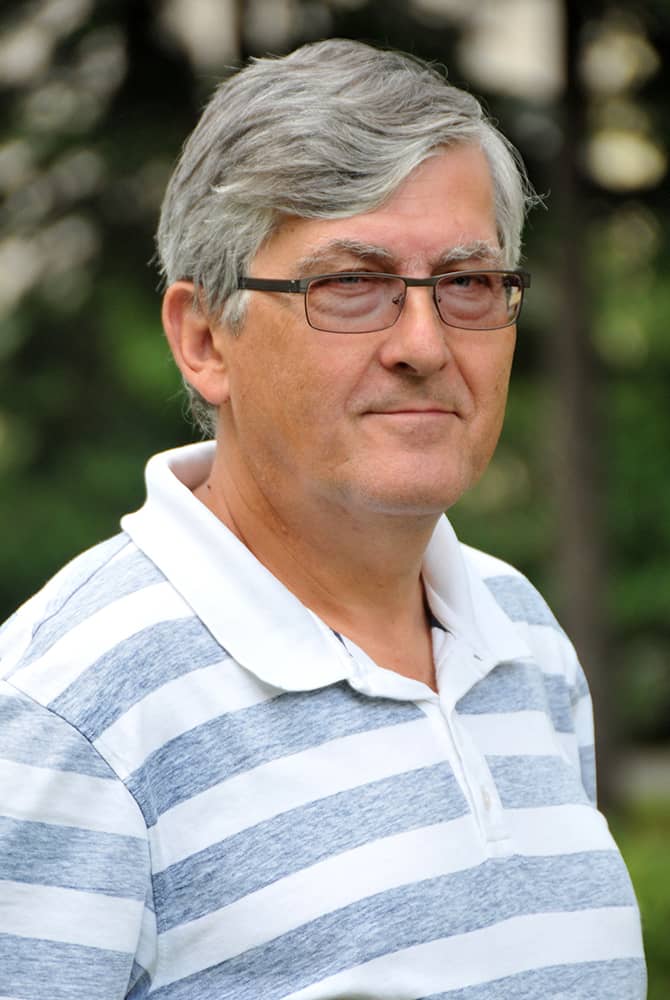
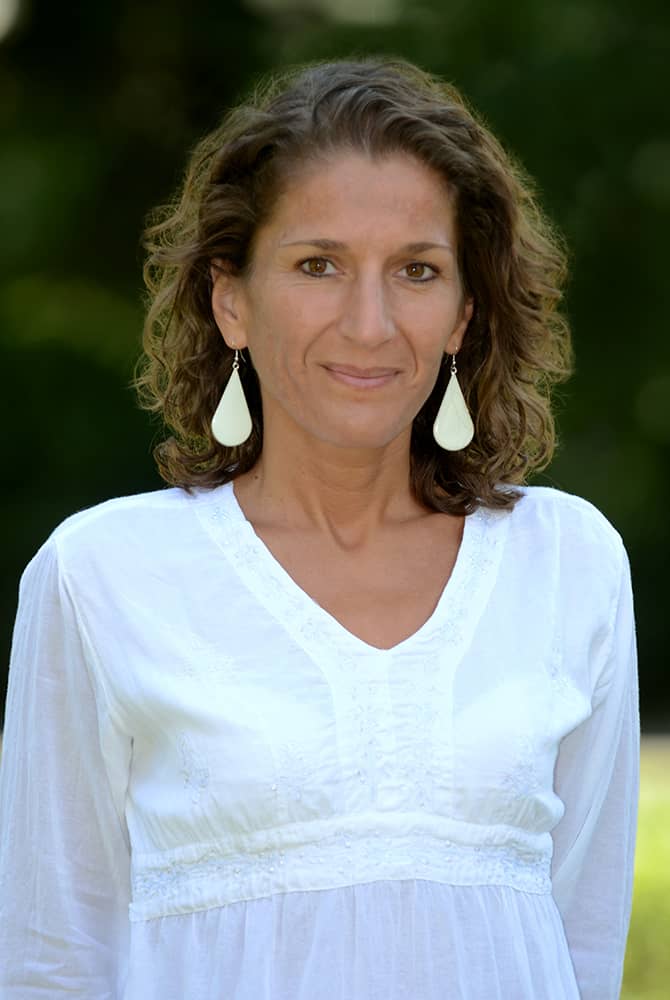
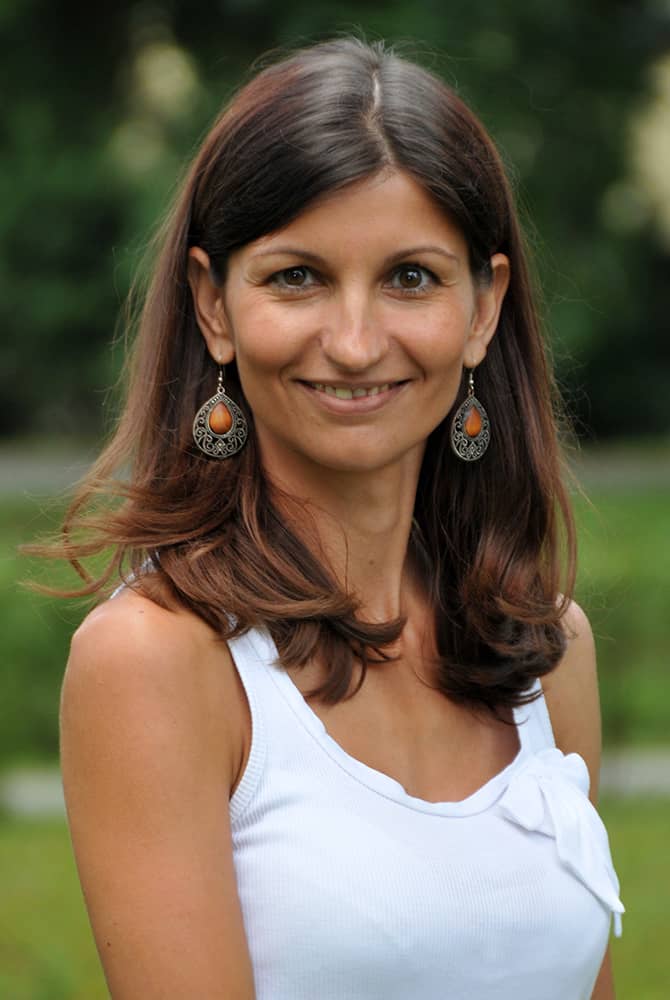
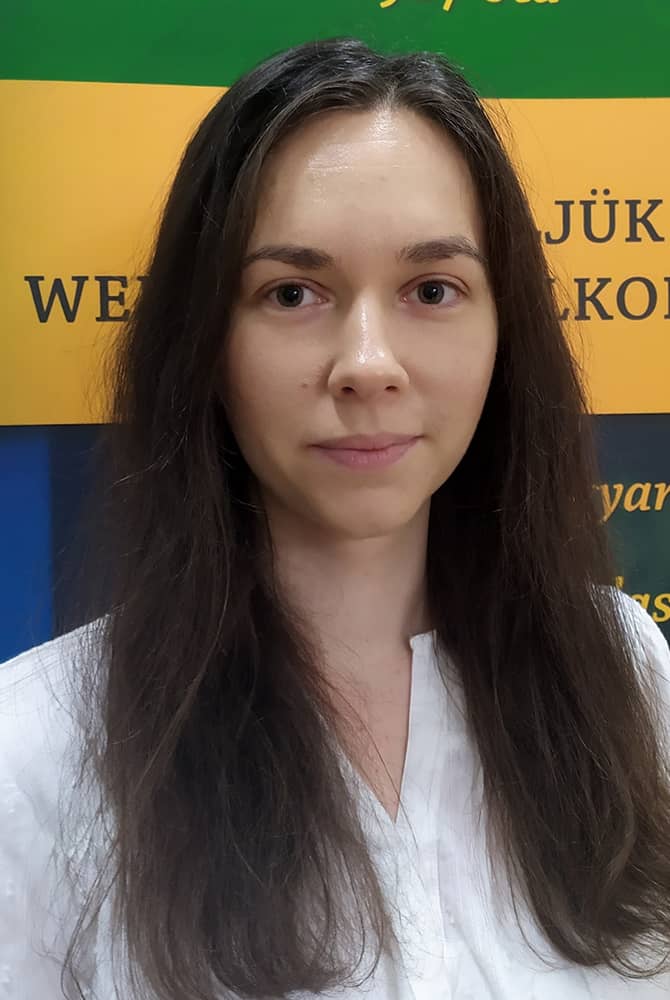
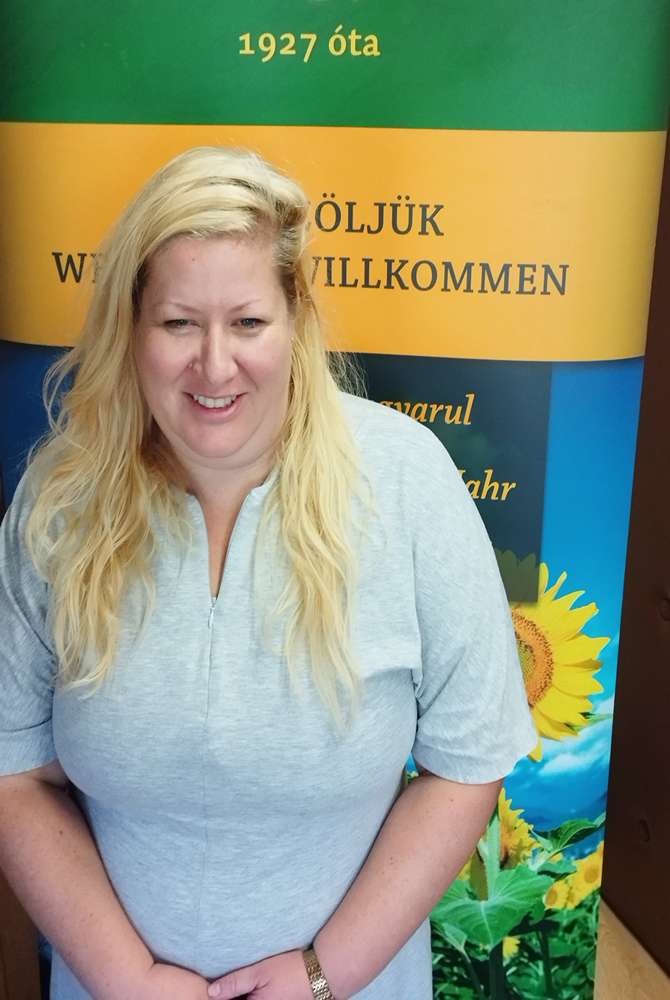

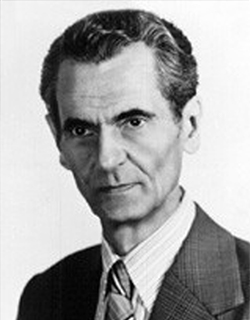 Lajos Némedi (1912–2006)
Lajos Némedi (1912–2006)Lajos Némedi served the longest period—more than a half-century—as a leader of Debrecen Summer School in various positions. He was a German Studies professor and researcher at Lajos Kossuth University, who acted as Deputy Secretery General (1936-1958), and then as Managing Director (1968-1970) of Debrecen Summer School. He is the author of the study entitled Emlékek, adatok és gondolatok, which gives a summary of the first 60 years of the prestigious institution (1927-1987) with philological accuracy making it the most important source for those who are interested in the past of DSS.
Némedi Lajos Scholarship commemorates his work and dedication to the mission of Debrecen Summer School since 2012 on the occasion of the 100th anniversary of his birth.
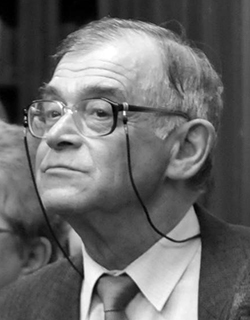 Pál Lieli (1947–2021)
Pál Lieli (1947–2021)Pál Lieli was a linguist working at the University of Debrecen (formerly Lajos Kossuth University) between 1970 and 2010. First he was an instructor of the Institute of Slavic Studies, and later joined the staff of the Institute of English and American Studies. His main fields of research included historical linguistics and translation technique but it was teaching that he enjoyed most and could never give up. He was one of the most popular teachers of Hungarian at Debrecen Summer School, where he also served as organizing secretary, managing director as well as head of the supervisory board of DSS. Moreover, he and his wife raised six children and played classical music in Lyra Symphonic Orchestra but whatever he did it was always his family that was closest to his heart.
Lieli Pál Family Scholarship commemorates his work and dedication to the mission of Debrecen Summer School since 2021.

2025 © nyariegyetem.hu | All rights reserved